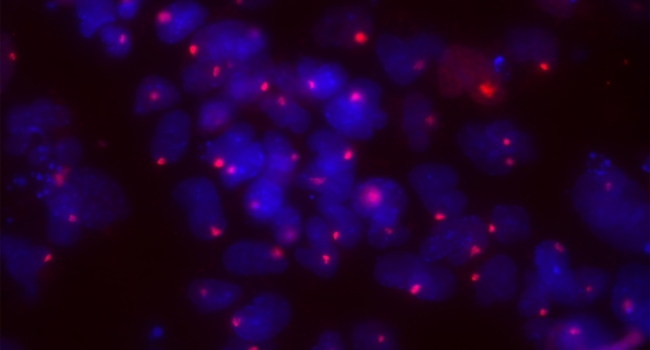
AI in Drug Discovery: Transforming the Pharmaceutical Landscape
In recent years, artificial intelligence (AI) has become a transformative force across industries, and drug discovery is no exception. The pharmaceutical sector, traditionally characterized by lengthy and costly processes, is witnessing a paradigm shift thanks to AI-driven technologies. This blog delves into how AI is revolutionizing drug discovery and the benefits it offers.
Drug discovery typically involves identifying compounds that can modulate a biological target to treat disease. This process is notoriously time-consuming and expensive, with estimates suggesting it takes 10–15 years and costs billions of dollars to bring a drug to market. AI has emerged as a game-changer by streamlining this process.
Accelerating Target Identification and Virtual Screening and Molecular Design
AI-powered tools can analyze vast datasets, such as genomic and proteomic information, to identify potential drug targets. Machine learning algorithms can predict which proteins or genes play critical roles in disease progression, enabling researchers to prioritize promising candidates for further study. Traditional drug screening involves testing thousands of compounds in wet labs. AI can perform virtual screening, where algorithms evaluate millions of molecules for their potential to bind to a target. Generative models, like those based on deep learning, can design entirely new molecules with desired properties, further expanding the pool of drug candidates.
Optimizing Clinical Trials
AI is also transforming clinical trials, a major bottleneck in drug development. Predictive analytics can identify suitable patient populations and optimize trial designs, reducing the time and cost associated with clinical testing.
Benefits of AI in Drug Discovery
Efficiency: AI drastically reduces the time required for target identification and lead optimization, accelerating the drug discovery pipeline. Cost Savings: By identifying the most promising compounds early, AI minimizes wasted resources on ineffective candidates. Personalized Medicine: AI algorithms can analyze patient-specific data to develop targeted therapies, paving the way for precision medicine. Uncovering Novel Insights: AI can detect patterns and relationships in biological data that may elude human researchers, unlocking new therapeutic possibilities.
Challenges and Future Directions
Despite its promise, AI in drug discovery is not without challenges. Issues like data quality, algorithm transparency, and regulatory acceptance must be addressed. Collaboration between AI experts, biologists, and regulatory authorities will be crucial to fully harness AI’s potential.
The future of drug discovery lies in the integration of AI with other cutting-edge technologies like quantum computing and CRISPR gene editing. Together, they promise to make drug development faster, cheaper, and more effective, ultimately improving patient outcomes




